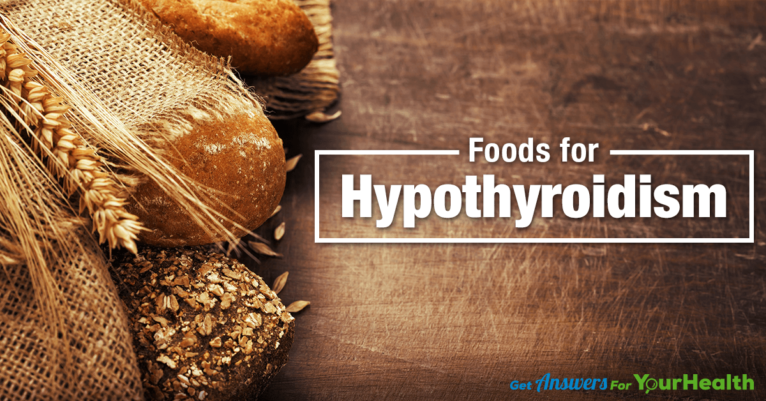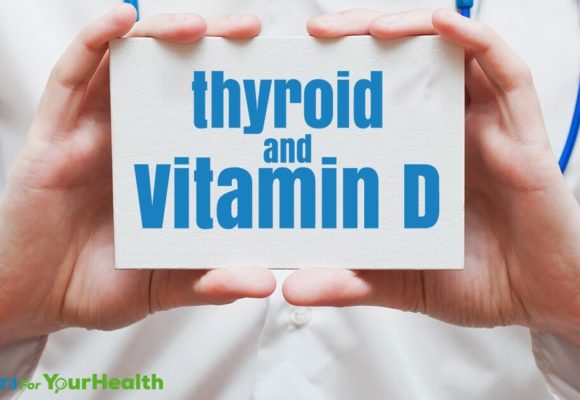1) Grab a FREE copy (Value $14.95) of one of my books Thyroid Symptom Overload
Just pay shipping $7.95 for any US orders. Or, if you want to pay full price plus shipping, order from Amazon :)
2) Take our Thyroid Quiz today and find out what "Thyroid Type" you have
This quiz will help you quickly discover where your symptoms are stemming from.
3) Join Our Thyroid Advocate Membership Site - Natural Thyroid Academy
FREE for a limited time. No credit card required.
4) Work with me and my team privately
Schedule your FREE 15 minute phone consultation and we can find out the best way to help you specifically.
Underactive thyroid does not affect your health only. It also affects your personal, social, and professional life. Keeping up with the pace of life with recurring migraines and constipation, increasing weight, poor metabolism, hormonal imbalances, and other symptoms of hypothyroidism could leave you exhausted, and worse, isolated.
Understanding an Underactive Thyroid
The largest endocrine gland, thyroid is butterfly-shaped pair of two glands. It controls the temperature, sensitivity, hormones, metabolism, bone development, brain development, digestive health, neurovascular coordination, protein synthesis, energy breakdown, and various other important functions in the body. All the functions are carried out when thyroid hormones bind with protein molecules in the blood to reach the receptor sites for stimulating action there.
As our body’s functions are interconnected, the release of thyroid hormones also works as a cycle. Hypothalamus secretes Thyroid Releasing Hormone, which stimulates the Pituitary Gland to secrete Thyroid Stimulating Hormone (TSH). This hormone (TSH) stimulates thyroid glands to release T3 (Thyroxine) and T4 (Triiodothyronine).
In simple terms, an underactive thyroid secretes T3 and T4 in lesser than required quantities – a condition known as hypothyroidism. Thyroid malfunctioning may occur due to malnutrition, poor digestion of necessary nutrients, or malfunctioning pituitary gland or hypothalamus. Iodine and mineral-rich foods are necessary to regulate a healthy, happy thyroid. Hypothyroidism may also occur due to chronic stress, exposure to environmental toxins, and introduction of trace elements, such as mercury in the blood.
Nutrition for Hypothyroidism
We all hate gulping pills. Good news is, you can improve the condition of hypothyroidism with lifestyle management, particularly your diet. Similarly, your food choices can worsen your thyroid condition. Surprised? Read my blog, ‘Are Your Food Choices Making Your Thyroid Symptoms Worse?’ to understand the loopholes in your thyroid diet. Although diet plays an important role in thyroid management, it is not the cure or treatment. You need combination treatment, which includes lifestyle management, supplementation, medicines, etc to cure thyroid problem.
Along with avoiding various foods, you need to keep a track of your meals also and balance out one nutrient with the other. Eat healthy breakfast and avoid eating at least three hours before bedtime. If you are taking T4 medication, make sure to take it before a meal or between two meals as T4 is tougher for the stomach to digest.
The necessary nutrients you need to maintain healthy thyroid include:
- Skimmed dairy
- Egg
- Fish (grilled, steamed or cooked)
- Mushrooms (boiled or cooked)
- Berries
- Beans and nuts
- Skinless chicken
- Vitamin B rich foods, such as bananas, whole grains, sea vegetables
- Iodine rich foods, such as iodized salt, sea salt, seafood, etc
1. Fatty Fish
Rich in zinc, iodine, magnesium, selenium, manganese, and zinc, fatty fish is an excellent choice to eat in lunch or dinner. Poorly managed hypothyroidism increases the risk of diabetes and cardiovascular diseases, as it interferes with insulin levels and decrease low-density lipoprotein levels in the blood.
Fatty fish, such as tuna and salmon can help reduce inflammation caused due to low LDL and help fight immunity. It also reduces the risk of autoimmune disorders and cardiovascular diseases in patients of hypothyroidism.
However, a healthy person requires 200mg selenium a day to help treat hypothyroidism or maintain healthy thyroid. 4 ounces of broiled salmon fulfills the daily selenium requirement of the human body. Consuming extra selenium could be hazardous for thyroid health. A 2013 experimental study revealed the unclear link between selenium and thyroid health. It concluded that controlled and moderate quantities of selenium could help improve thyroid condition; however, the effectiveness is based on clinical trial and error, and the accuracy of selenium’s effect on thyroid is unknown.
2. Nuts
Rich in calcium, selenium, zinc, and magnesium, nuts can be taken as snack or included in main meals, such as breakfast. Hazelnuts, brazil nuts, macademia, and cashew nuts are healthy sources of essential nutrients required to maintain optimal thyroid health. Almonds can be included in the diet, but you need to adjust selenium intake in other meals of the day to make sure that you do not surpass the recommended 200 mg selenium a day.
Nuts can be included in the salads also. It is ideal to chew nuts in raw form or stir-fried in grassfed butter. The fat in butter helps absorption of the minerals in nuts. If you are consuming brazil nuts, one or two nuts would suffice for the day. If you want to munch on hazelnuts, cashew nuts, or macademia, a handful of nuts would be good to go. 3–5 almonds are healthy to eat in breakfast.
You can also use pressed nut oil to make vinaigrettes or to add in the meals. However, do not confuse nut oil with seed oil. Make sure that the nut oil you use is extracted with cold-pressing techniques, and is extra virgin.
3. Whole Grains
The absorption of foods you eat is necessary to improve thyroid health and boost metabolism. Constipation is one of the fundamental symptoms of hypothyroidism. If the colon is not cleared in routine, the chances of toxin buildup are high, which incorporates high risk of fatal diseases, such as colon cancer.
Whole grains help regularize bowel movements and keep the colon clean. Whole grains are also rich in essential minerals, including selenium, magnesium, manganese, potassium, and zinc. However, the water intake should be increased with increased fiber intake. Excess fiber can interfere with the activity of synthetic thyroid hormones; therefore, moderation in consumption is necessary.
Some people avoid eating whole grains in hypothyroidism. The condition of hypothyroidism and food intolerance vary from person to person. Medical history or existing health condition may also interfere with the effectiveness of fiber from whole grains.
If you are taking medicines for hypothyroidism, maintain a gap of several hours between the medicine and your high-fiber meal.
4. Skimmed Dairy
The role of Vitamin D in thyroid health is inevitable. Read our article on Why is Vitamin D Important for Your Thyroid Health to know more about the role of vitamin D. In fact, almost all patients of Hashimoto’s disease have been found Vitamin D deficient in different clinical studies. Fortified milk and skimmed dairy are among the healthiest source of Vitamin D. Hashimoto’s hypothyroidism may causes heartburn, constipation, and intestinal gas. Skimmed dairy is effective in regulating the gut flora and improving intestinal health. Fortified milk is also rich in several minerals, as well as calcium.
Not Every Iodine-Rich Food is Healthy for Thyroid
You might have been taught that seaweed is healthy for thyroid, because it is rich in iodine. Since centuries, seaweed is one of the most consumed foods in Japan. A study conducted in 2012 revealed the surprising link between seaweed and thyroid cancer, papillary carcinoma in particular. According to the study, seaweed consumption can increase the risk of thyroid cancer, especially in postmenopausal women.
The technique of food preparation and time of its consumption also play a vital role in thyroid health regulation. The correct way to prepare thyroid-healthy food is to steam, cook, or grill it. Juicing the vegetables and fruits can reduce the fiber proportion. Along with diet, you need to cut down the foods that aggravate hypothyroidism, and improve thyroid health by incorporating exercise in your routine.








